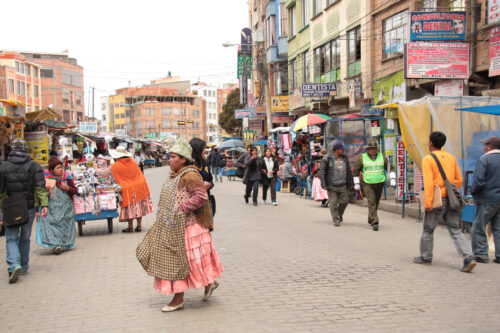For USG Staff: New Training on Mobilizing Domestic Resources in Urban Areas


Hosted by the E3/Land and Urban Office in partnership with the E3/Economic Policy Office
When | February 20-23, 2018
Where | Washington Learning Center
How to Register | Search for ‘Urban Areas’ in USAID University
By 2030, over 60 percent of world’s population will live in cities, with fastest growth in Africa and Asia. As their populations continue to grow, so too can cities’ potential for job creation, economic growth, and revenue mobilization. Ending the need for foreign assistance will require countries to mobilize their own resources at all levels of government. This new training focuses on what USAID can do to support increasing the capacity of urban governments to raise their own revenues.
In many developing-world cities, land and property taxes, fees and other forms of land-based financing are underused as tools for generating much-needed revenue. From an economic growth perspective, land-based financing tends to have fewer negative impacts on private investment than other types of revenue tools, and can even have positive spatial and social impacts. Generating sufficient and stable local government revenue is urgent because, as cities continue to grow, millions of new urban dwellers require schools, health care, basic infrastructure for water, sanitation, transport, and other services. Meeting this revenue generation challenge and ensuring that cities are well-governed and stable is increasingly critical to achieving our long-term development objectives.
Using a variety of case studies and programming examples, this training will focus on the various tools urban governments can use to mobilize domestic resources through land-based financing and how USAID can support those efforts in the context USG development programming.
Any Questions Concerning this Notice May be Directed to:
Jeremy Green, E3/LU, jegreen@usaid.gov, 202-712-4840

